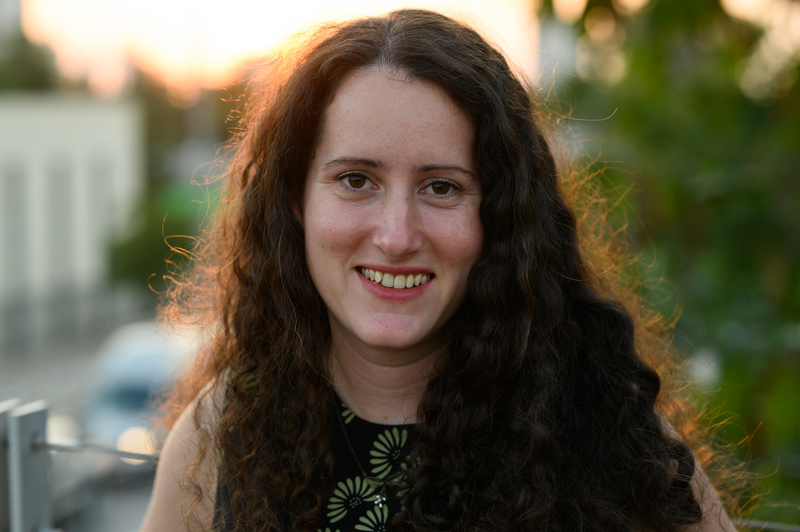While bookshelves filled with books have intrigued and delighted children for generations, they may confer heretofore unknown long-term benefits. According to a new study by researchers from Ben-Gurion University of the Negev, the University of Haifa, and the Israel Gerontological Data Center, growing up in a book-filled home seems to improve memory in those 65 years old and older as well as preserve against cognitive decline.

Dr. Ella Cohn-Schwartz (pictured above) of BGU, Dr. Galit Weinstein of The University of Haifa, and Noam Damri of the Israel Gerontological Data Center analyzed the results of two waves of the Survey of Health, Ageing and Retirement in Europe (SHARE). 8,239 individuals not suffering from neurodegenerative disease filled out the survey both in 2011 and 2013. The researchers discovered that a book-filled childhood home correlated significantly with improved immediate memory, delayed memory, verbal fluency, and less global cognitive decline. A book-filled home was considered one which had at least enough to fill one shelf (11-25 books).
"If we can identify early life factors that affect brain aging and give an advantage to people in late life, then we can preserve cognitive function in older age," explains Dr. Ella Cohn-Schwartz of the Department of Public Health in BGU's Faculty of Health Sciences.
Their findings were published recently in the peer-reviewed journal Dementia and Geriatric Cognitive Disorders.
"This study contributes to our understanding of the importance of our childhood environments for brain health in old age. More studies are needed to determine the long-term effects on the brain of the transition from reading printed books to using digital media," says Dr. Weinstein.
Media Coverage:
JPost